Trapp
While Trapp's arguments about the Relative Age Effect and the Matthew Effect are compelling, his reasoning for excluding summer birthdays doesn't hold up to scrutiny.
Trapp is right that 1/23 is a pretty cool day in terms of significance



The Relative Age Effect is Real
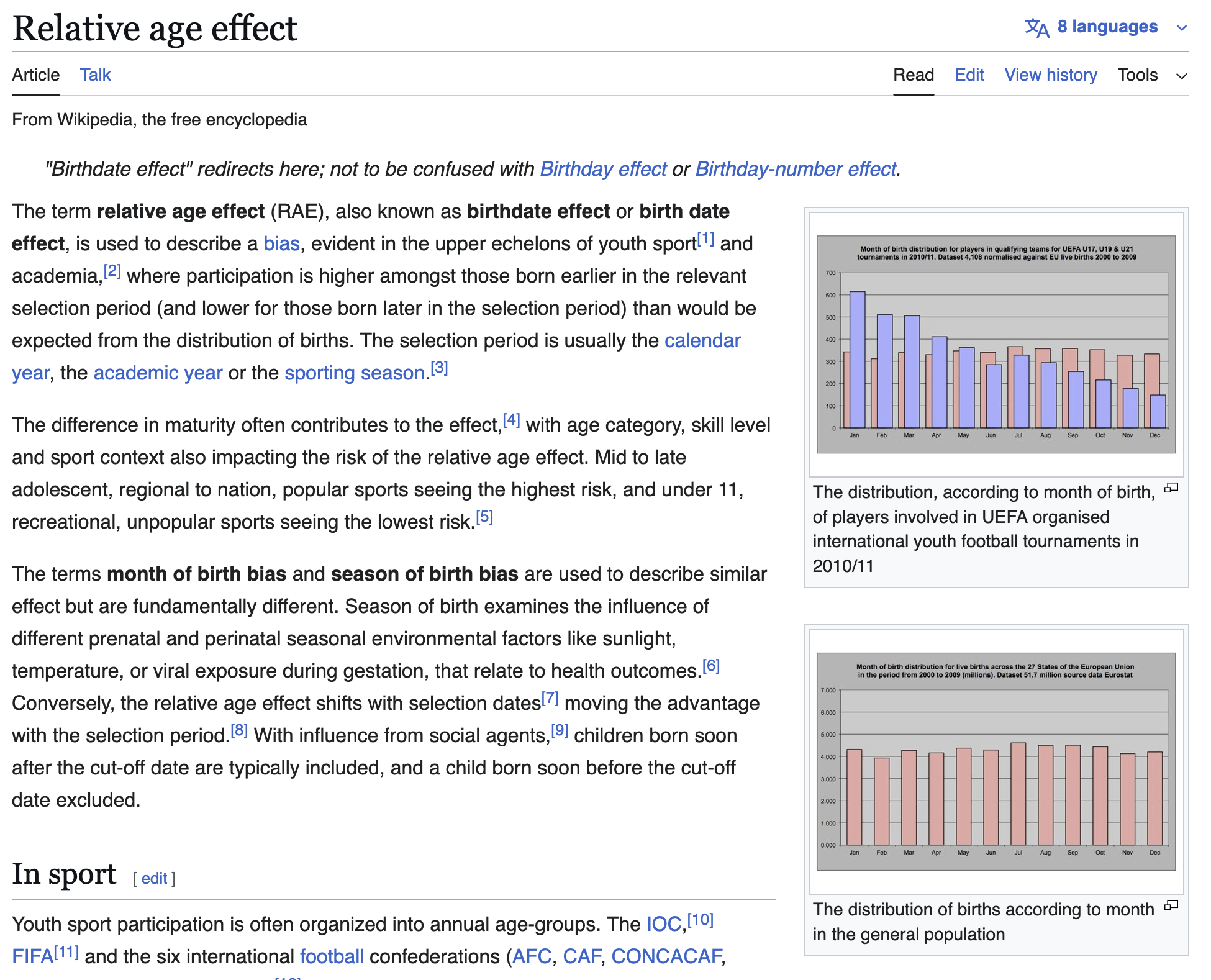
The Matthew Effect is Also Real but unfortunately it sucks
- The Matthew Effect, or "cumulative advantage," is well-represented in scientific literature
- However, this also leads to "cumulative inequality theory," and is a part of how racism, sexism, and ableism perpetuate itself
- Is that what you want to be thinking about on your birthday?
A lot of messed up stuff has happened on 1/23
- On January 23, 1556, the deadliest earthquake ever recorded killed 830,000 people in Shaanxi Province, China
- On January 23, 1570, the first assassination of a head of government by firearm triggered a civil war in Scotland
- On January 23, 1812, a 7.8 Earthquake hit New Madrid, Missouri
- On January 23, 1987, Elva Zona Heaster was found dead, leading to her ghost testifying at trial.
Trapp overlooks the astrological implications.
According to Jill M. Phillips, people born on 1/23…
- don't tend to think of themselves as special
- are unlikely to listen to health and medical advice
- tend to spend money faster than they can make it
- are likely to put their career ahead of their personal happiness
We're undervaluing Summer.
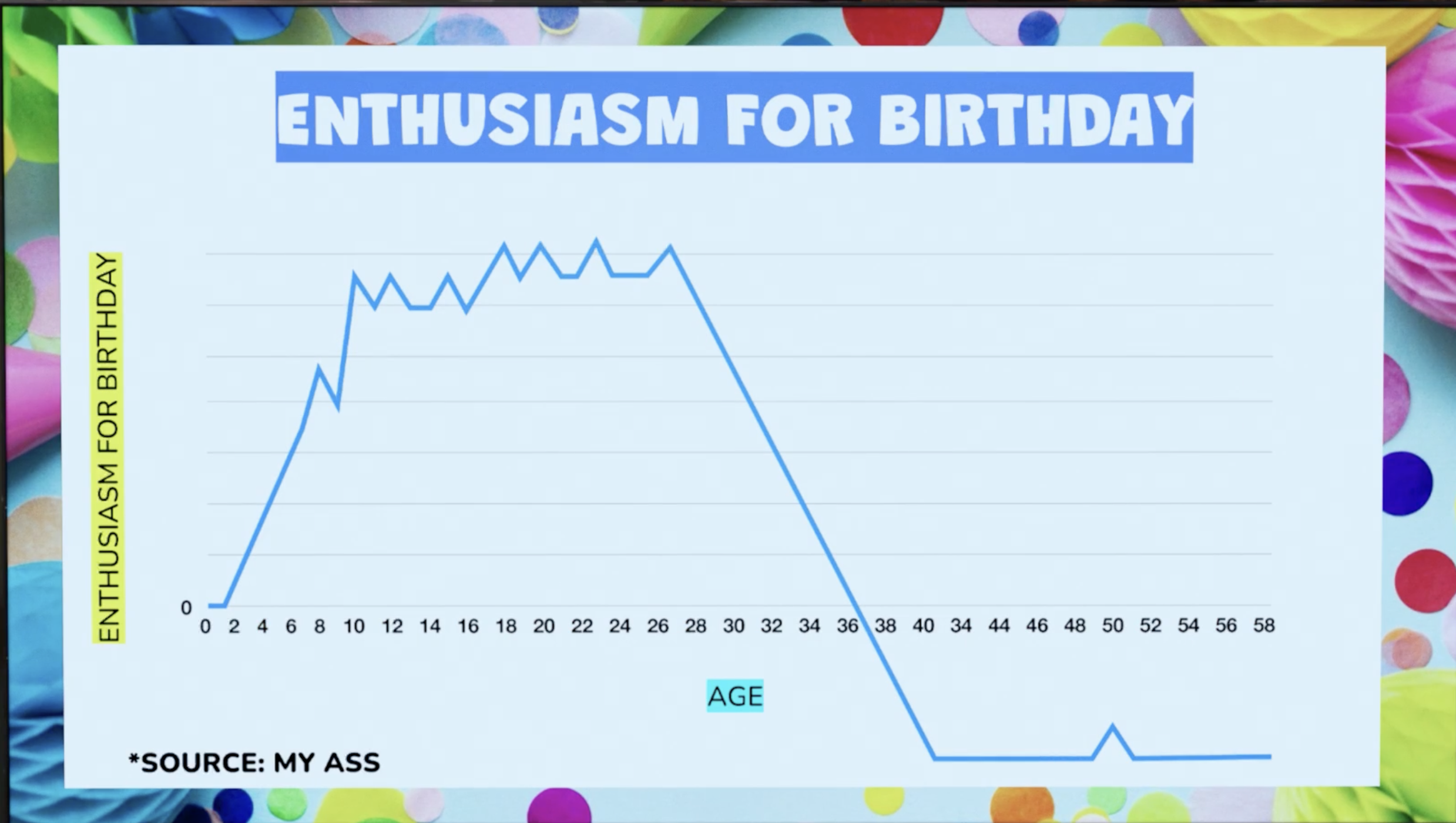

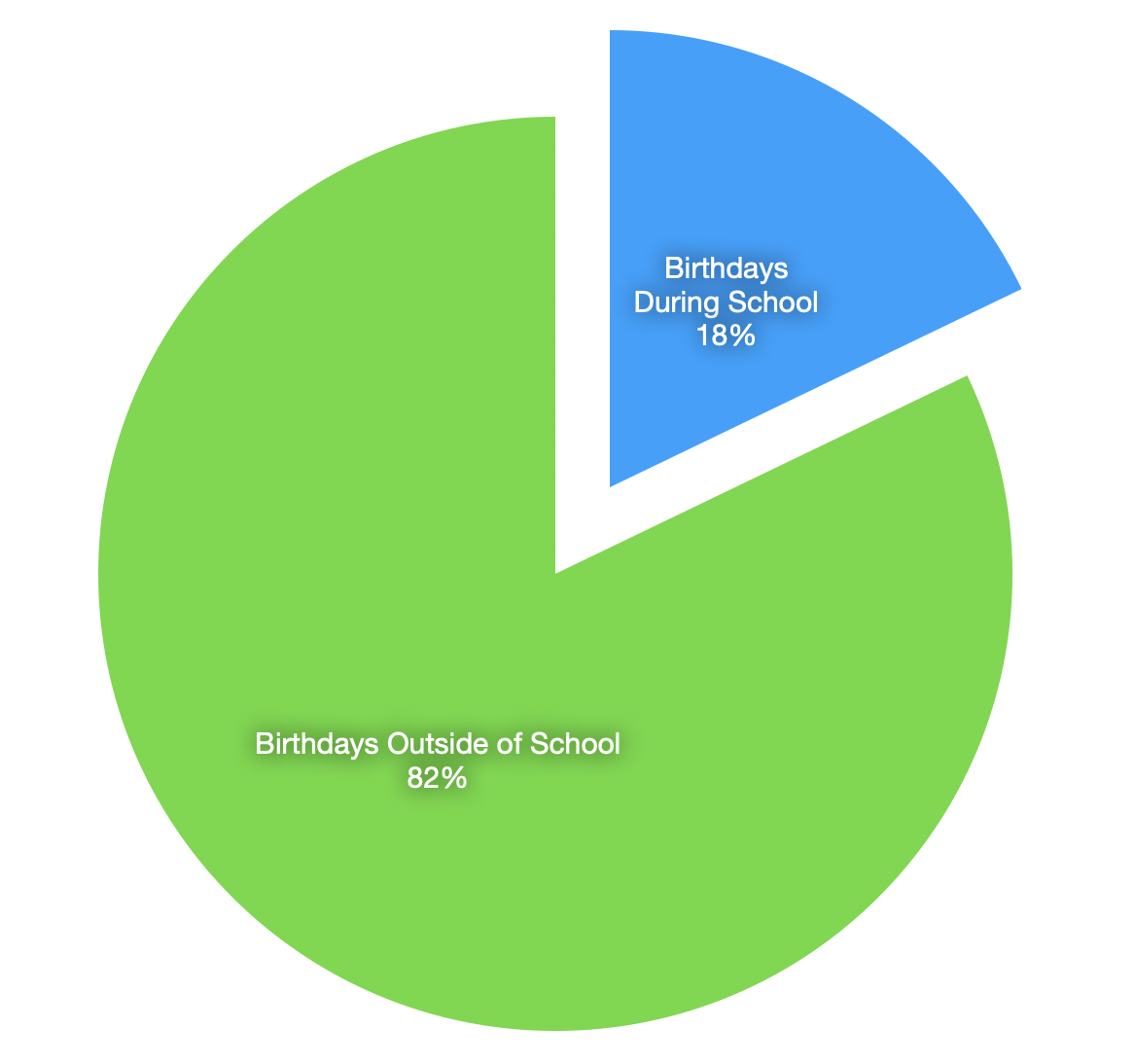
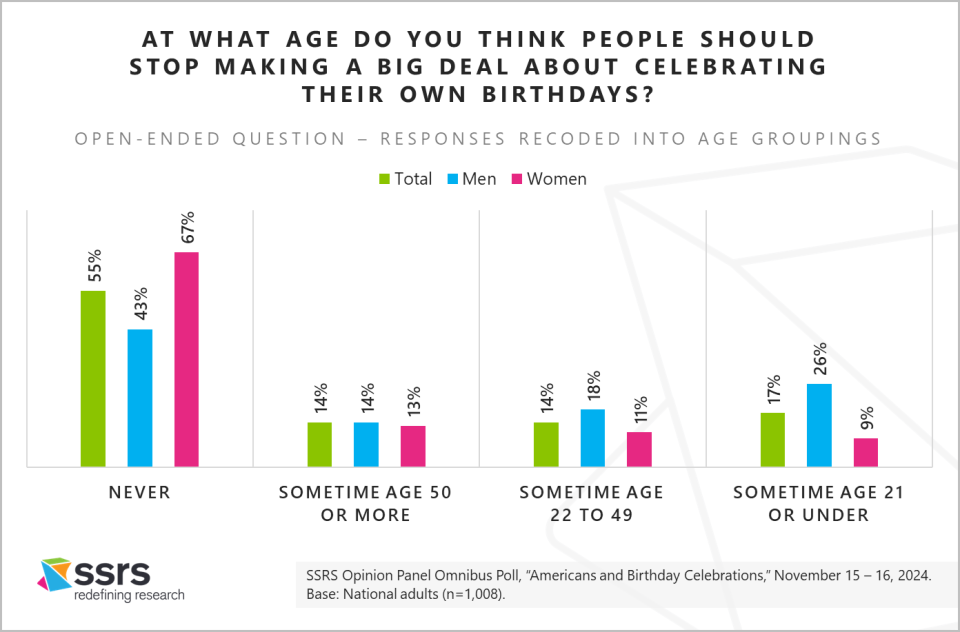
Birthdays aren't just for us.
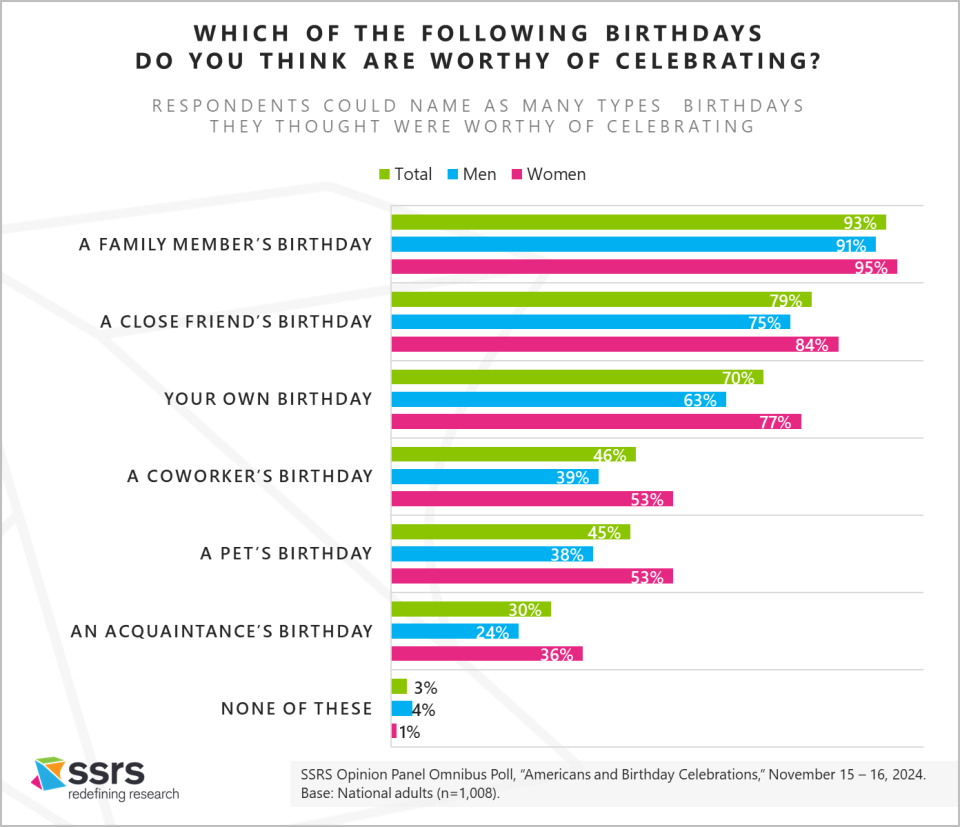
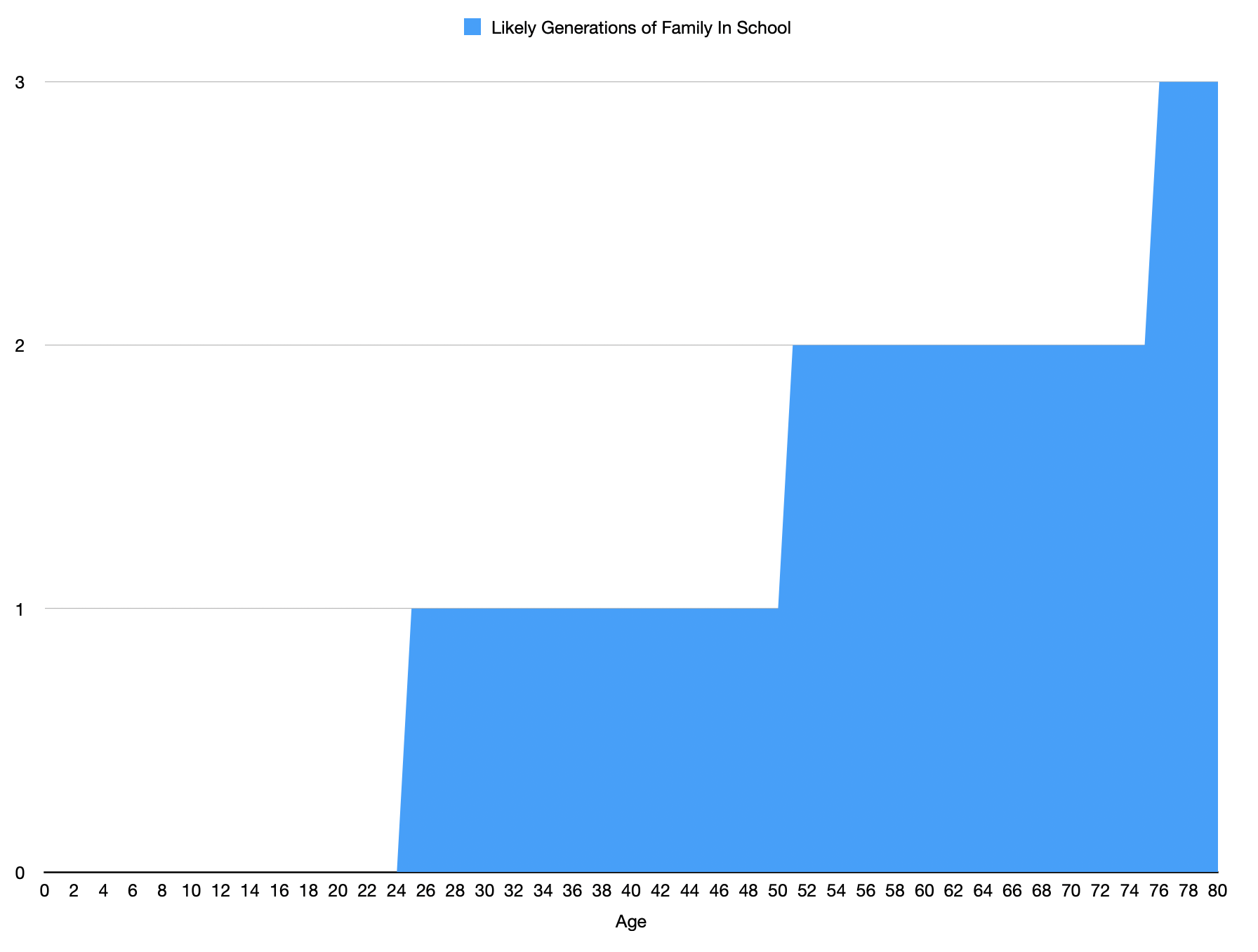
While Trapp's arguments about the Relative Age Effect and the Matthew Effect are compelling, his reasoning for excluding summer birthdays doesn't hold up to scrutiny.